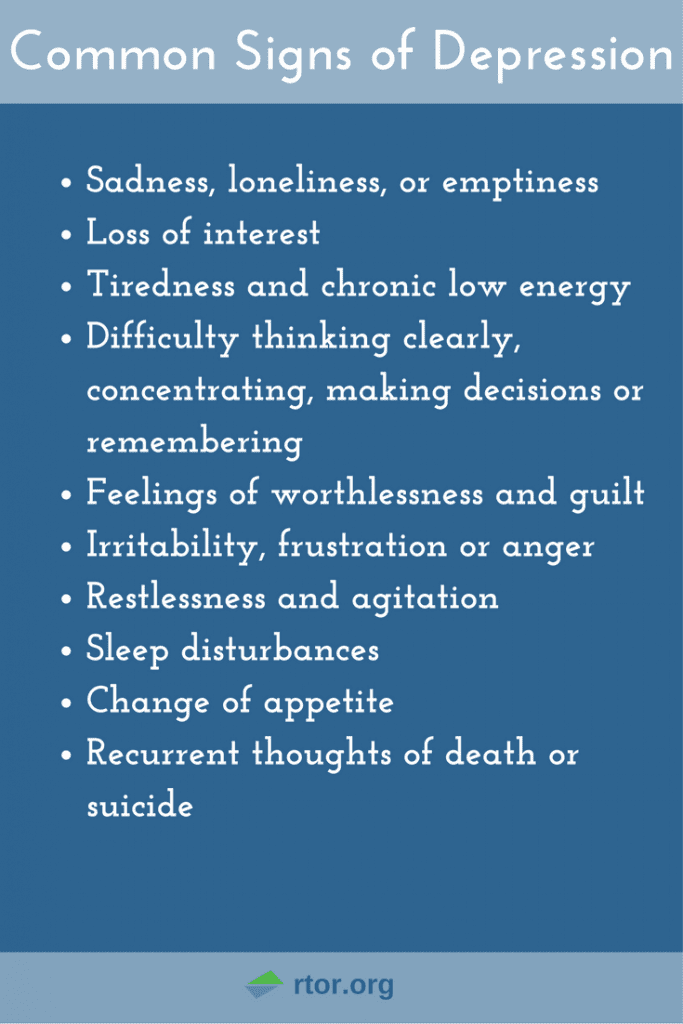Beyond the Physical: How Recovery Programs Are Integrating Wellness and Mental Health Support for Adults
Recovery is often viewed through a physical lens—whether it’s overcoming addiction, rehabilitating from an injury, or healing after surgery. However, recovery is just as much a mental process as a physical one. Without addressing emotional well-being, stress management, and mental resilience, the recovery journey can become far more challenging and sometimes lead to setbacks. Recognizing| Resources To Recover




